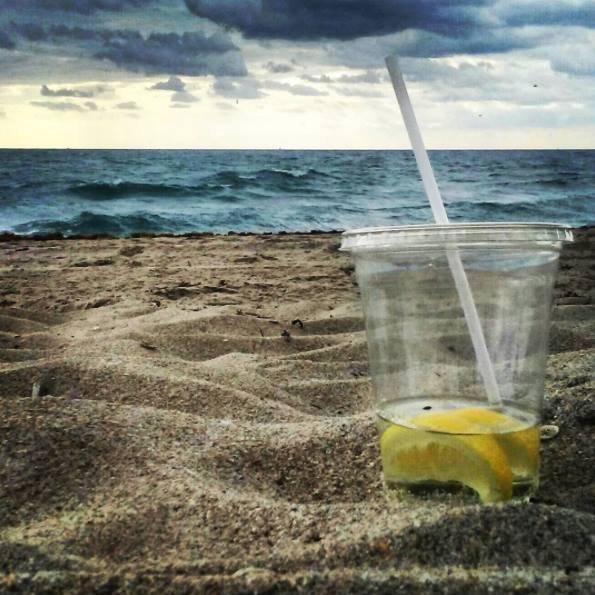Reduce, Reuse, Refuse; Plastic's DO NOT RECYCLE
Plastic is everywhere. Every food, entertainment, technology, medicine, travel, and convenient factor of life is influenced heavily by plastic. Do we yet know the effects plastic will have on every living organism? The answer is only just beginning to surface. Most of us are becoming familiar with the effects plastic is having on marine life such as sea turtles and reefs. The ocean's surface is becoming a plastic wasteland, that's just the tip of the iceberg.

Plastic was created to be strong, durable, fast, cheap, and pliable. It succeeds at this. Plastic has created opportunities in every direction and adoption. As we teeter through the years using plastics without thinking twice we are beginning to recognize the totter of unintended consequences.
The dangers of plastics and the chemicals that leach out of them don't end when you throw them "away" into recycling. They begin far before you are too lazy to place them into a recycling bin. The instant a plastic is created it is already "photo-degrading" on a microscopic level, leaching out harmful endocrine and carcinogenic chemicals to any and every living and nonliving compound in it's path. Recycling plastic only speeds up the spreading of these harmful chemicals.
Photo-degradation is very different from bio-degradation which natural compounds do at the end of their life-cycle. Photo-degrading is the breaking down of an object into tiny and tinier pieces through light. They do not simply become a healthy substance, they will become micro and nano plastic. Poison that threatens the entire animal kingdom. Studies are just now being conducted to determine just how far they affect a living organism.
Plastic actually "down-cycles" as opposed to metals and glass which recycle well. When we throw plastic into a recycling bin, chances are less than 30% of that plastic will be able to be re-applied to another application. Even when reapplied, an incredible amount of fresh resin needs to be applied to keep its integrity. At this point you might wonder where the other 70% of the plastic "disappears" to. It doesn't disappear, it actually lingers and leaches out harmful endocrines that mimic estrogen compounds. It's in our drinking water. This is now being studied and linked to the climbing rate of autism, hormonal imbalances, infertility, cancers, and mutation in the genome of every living organism.
It is clear today that recycling plastic is NOT the answer to the plastic epidemic. REFUSING plastics whenever and wherever you can is the answer. Not to say that some plastic advancements have far more benefits that make them useful tools, but there is a fine line between useful technological advancement and utter disregard for life in general. Refusing single-use plastic can definitely be a good starting point.
Refuse single-use such as straws, plastic bags, plastic decorations, table cloths, plastic bottles, and things that could be easily done without or with a re-usable alternative.
Reduce, Reuse, Refuse; Plastic's DO NOT RECYCLE. Plastic DOWN-cycles.